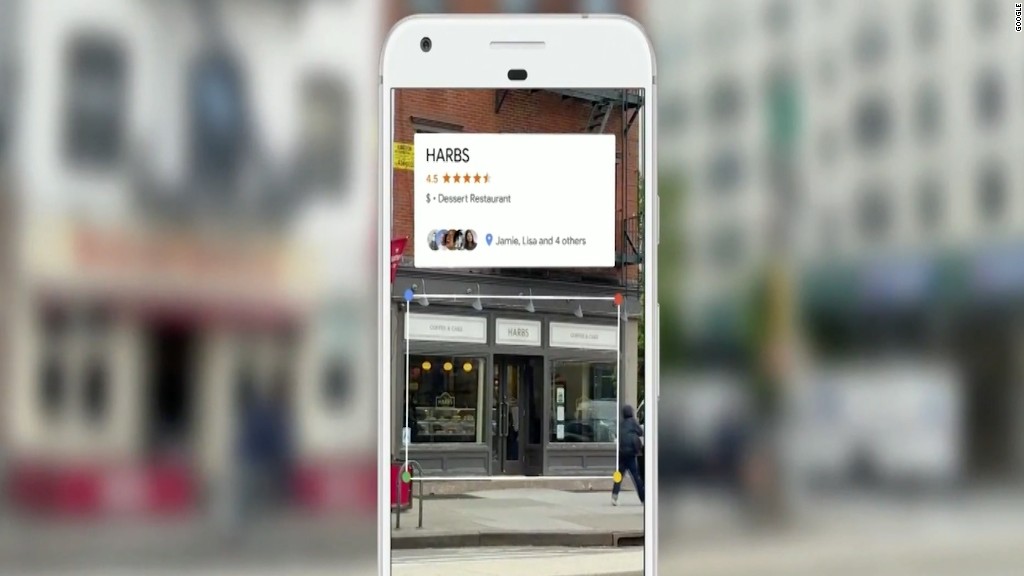
You've seen it in every cheesy police procedural: A suspect is caught on grainy security camera footage. Someone tells the computer tech to "enhance!" and a pixelated blob magically morphs into a recognizable face.
Nest is adding a real-life version of that feature to its new security camera, the Nest Cam IQ. The $299 camera detects when a person walks by, then zooms in and follows them to capture a clear shot. It will send an alert to a phone with a picture of the person's face.
The indoor camera will include a 4K sensor, 12-times digital zoom and face detection. It's also adding the ability to hold a simultaneous two-way conversation over the speaker.
The IQ has been redesigned so it looks like the sleek all-white Nest outdoor camera, with an additional stand and weighted base. This is the first new product from the Alphabet division since the outdoor version was released a year ago.
The launch caps off a relatively quiet period for Nest, which has struggled with turnover, rumors of dissatisfied employees and a recall of its smoke alarm product, the Nest Protect.
Related: Dropcam founder regrets $555M sale to Nest
Founded by former Apple (AAPL) engineer Tony Fadell, Nest was a tech industry darling after releasing its smart thermostat in 2011. Google (GOOG) bought Nest for $3.2 billion in 2014. Later that year, Nest bought connected camera startup Dropcam for $555 million.
Dropcam CEO Greg Duffy later said he regretted that decision, citing issues with Fadell's management style. Fadell resigned from Nest in 2016.
The new IQ camera is still not the radical new smart home product many Nest watchers were waiting for, but it is a significant upgrade.
It has an 8-megapixel 4K sensor, though it doesn't actually upload full 4K videos. That would be nearly impossible with most current internet connections. Instead it uses that additional information for higher resolution zooms. The company says the final product is higher quality 1080p videos.
Nest is using the same Google face detection technology that powers Google Photos, but is taking a few precautions to minimize any creepy implications. It is running the algorithms entirely on its own servers and not exchanging information with Google. The company is not sharing face libraries between Nest users either. That means even if it knows your houseguest's name is Kato, it won't recognize him by name if he walks in front of someone else's Nest camera.
Competitor Neatmo offers a similar face detection feature.
Related: Nest finally has a new product ... but don't get too excited
Face detection is only available with a Nest Aware, a $10 to $30 a month subscription for storing a week or month of recorded video. Nest Aware customers can also get audio alerts, which detect when a person is talking or a dog is barking and sends a message to your phone.
The camera is available for pre-orders now and will start shipping at the end of June.

